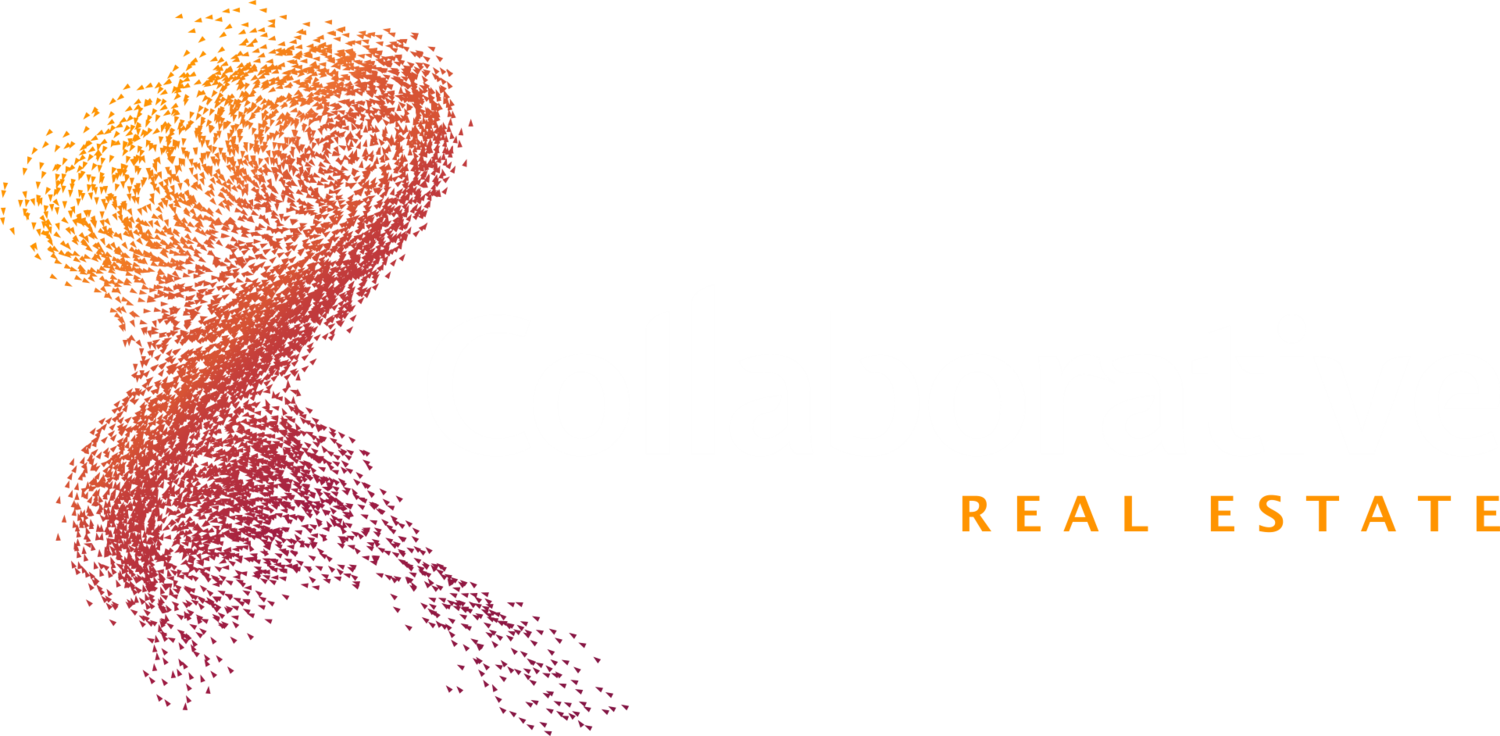Sustainability Success Story Shared at Pittsburgh’s I2SL Annual Conference
On behalf of the International Institute for Sustainable Laboratories (I2SL), Collaborative Real Estate’s Director of Engineering, Joe Sorbet, was invited to present during the 2022 I2SL Annual Conference in Pittsburgh, Pennsylvania.
On October 18, Joe took the stage to discuss a sustainability case study for Technology Enterprise Park (TEP), a multi-tenant wet lab facility located in west Atlanta. Before diving into specifics, Joe informed the audience upfront about the lessons to be learned:
Avoiding deferred maintenance
The value of:
A robust property management program
Clean and balanced water side and air side heat exchangers
Metering everything that you can
Benchmarking your facility in Energy Star Portfolio Manager
Empowering the operators by:
Providing them with the tools and data necessary to improve operations
Requiring relevant training
Rewarding them as operational efficiencies are realized
Next, Joe shared some background information. On July 1, 2015, Collaborative Real Estate took over property management and engineering services at TEP. Ten minutes after being handed the keys, both chillers went into alarm and shut down. Upon inspection of the Building Automation System (BAS), Joe and his team discovered:
A heating hot water valve open on AHU 1, heating the mixed air to over 100 degrees
The energy recovery glycol pumps were off and the building design was 100 percent outside air, 100 percent of the time
The Heating Hot Water (HHW) boilers were piped in backwards with the HHW return and HHW supply reversed at the boiler taps
As Joe stated, “We knew we had a tiger by the tail!”
To remedy this, the following needed to occur:
Corrective measures to calm the beast: Repairing components in all of the major base building HVAC systems ($375,000 investment)
Improvements to win the beast’s trust: Improving the performance of all of the major base building HVAC systems ($20,000 investment)
Results of a content and healthy beast: Utility conservation measures ($350,000 investment)
Joe went into specific detail surrounding the procedures and initiatives implemented, sharing some trade secrets and suggestions along the way.
As the presentation came to a close, Joe shared a comparison of costs and the results of all the activity related to the HVAC systems:
2015 annual utilities expense: $939,154
2021 annual utilities expense: $809,135
Annual utility savings: $139,000 (-13.8%)
Natural gas usage reduction: 54%
Electricity (kWH) usage reduction: 6%
City water usage reduction: 12%
For more information or the full presentation, reach out to Joe at JSorbert@CollabRE.co!

